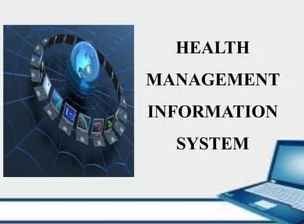Health Information System (HIS) is an essential tool for healthcare providers to efficiently manage patient data and improve the quality of care.
1. Increased Efficiency:
By using HIS, healthcare providers can streamline administrative tasks, such as scheduling appointments, managing patient records, and billing. This leads to increased efficiency and enables healthcare professionals to focus more on patient care.
2. Improved Patient Care:
HIS allows healthcare providers to access patient information quickly and accurately, leading to more informed clinical decisions. This can result in improved patient care outcomes and better health management.
3. Enhanced Communication:
Health Information System facilitates communication among healthcare providers, allowing for seamless information sharing and collaboration. This can lead to better coordinated care and improved patient outcomes.
4. DataSecurity:
HIS enhances data security by providing secure storage and access controls for patient information. This helps protect patient privacy and reduces the risk of data breaches or unauthorized access.
5. Cost-effectiveness:
By streamlining administrative processes and improving efficiency, HIS can help healthcare providers reduce costs and allocate resources more effectively. This can result in a more cost-effective healthcare system and improved financial sustainability.
In conclusion, Health Information System plays a crucial role in modern healthcare by improving efficiency, enhancing patient care, facilitating communication, ensuring data security, and promoting cost-effectiveness. Exploring the benefits of HIS through platforms like SlideShare can help healthcare providers better understand and utilize this valuable tool for optimizing patient care and organizational performance.

